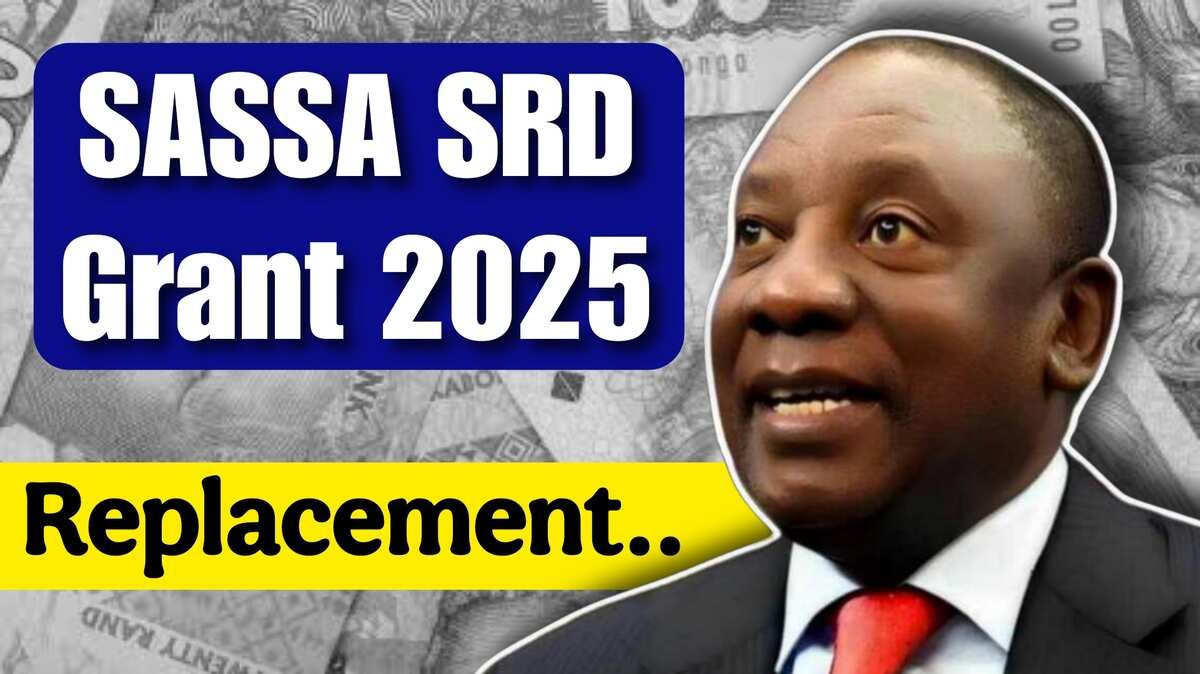SRD Grant Replacement March 2025 : The Social Relief of Distress (SRD) Grant, implemented for individuals facing hardship during the COVID-19 pandemic, served as a feeble lifeline to millions of South Africans. Despite the institution of long-term social welfare measures, the SRD Grant will be urgently replaced from March 2025 onwards in a significant social welfare policy shift. Therefore, it is important to understand how these changes may affect you and your household.
What Will Happen To The SRD Grant?
The SRD grant was initially implemented in the absence of any infrastructures to support the unemployed or poor. Focusing on philanthropic tools such as the food parcels and social grants like the SRD grant, the elusive welfare network has been bestowing simple gifts on a needy population. It first presented itself as a temporary measure to shield the unemployed and the poor from the vulnerability of the emergency, created by COVID-19. The SRD grant was extended several times, and an alternative is now in view, one which is more robust and set up to address the challenges of chronic unemployment and poverty by providing broader and more predictable support.
Belonging to the broader effort to reform South Africa’s welfare system, the Social Relief of Distress Grant will be replaced by a range of incoming proposals to offer a more inclusive and relatively flexible social security mechanism to best fit the country’s economic context, particularly from the perspective of women’s socioeconomic systems.
What Will Replace The SRD Grant?
Although a substitute has not been decided on by the government yet, debates have brought up a conversation on Universal Basic Income (UBI). It is designed to issue a fixed monthly payment to every qualifying South African, whether employed or not, to ensure a minimum coming in for survival.
Envisioned For The Modification Include
- Enhanced payment per month: Beneficiaries could well receive bigger amounts than the R350 that was issued under the SRD Grant.
- Broadened coverage: It may be extended to cover most individuals from one class (above the current income threshold).
- Simplified Application Process: Deals with younger people’s straightaway registration process as a reduction in time-consuming inquiries and increases access.
How Will Beneficiaries Be Affected By These Changes?
This transition from the SRD Grant to the new plan slated to commence after March 2025 will affect millions of South Africans. Here’s a dig into how it will operate and the resulting impact:
- Financial Assistance: So much for the comfort of anything vital, such as food, utilities, and educational qualifications: the beneficiaries will be enabled with more financial assistance if the new program also pays a higher monthly rate.
- Higher Prots: With new relaxed eligibility criteria a greater proportion of SA rather than a few could be supported, filling in the gaps of the SRD Grant system.
- A Sense of Uncertainty at Transition: Will the new program take off smoothly, as it should, or are there likely to be pitfalls? The beneficiaries need to stay updated and ensure that their contact details are with SASSA in order not to be left out of payments in situations of difficulty.
- Economic Spell: Since starting a Universal Basic Income (UBI) initiative would boost consumer spending effectively in the times of low credit sources, the job losses these extraordinary circumstances cause, as affected income-holding populations, can have their detrimental effect wiped out by the potential impacted communities becoming thriving.
What Should You Do To Prepare?
Here are some tips to help with the conversion:
- Subscribe to official announcements: Keep checking SASSA and Department for Social Development updates.
- Keep account details updated: Document your ID number, contact numbers, and bank details must be in order with SASSA if you are an Aid recipient.
- Understand what qualifies for the new program: Look at the new program’s eligibility requirements to find out if you qualify for any of the benefits.
Also Read : SASSA R350 Grant Increase 2025: New Amount And Eligibility Updates
